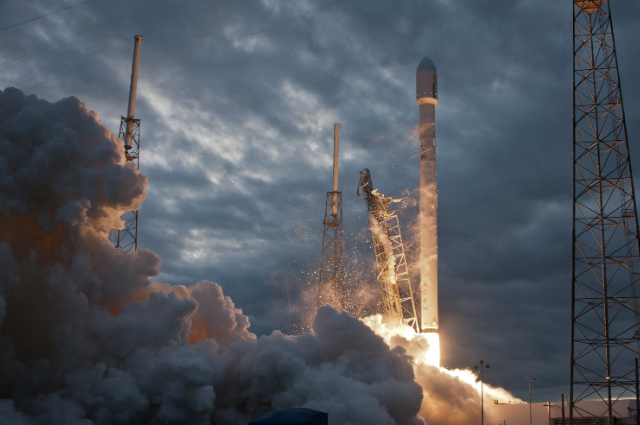
Photo by SpaceX on Unsplash
The year 2025 marks an exciting chapter in humanity's quest to unravel the mysteries of the cosmos. As technological advancements accelerate and international collaborations strengthen, space exploration is no longer limited to a few elite nations or organizations. It has evolved into a global endeavor with ambitious goals, innovative missions, and a vision for the future of humanity beyond Earth.
The Age of New Space Players
Unlike the previous eras dominated by government agencies like NASA and Roscosmos, 2025 witnesses the rise of private enterprises and emerging space nations. Companies like SpaceX, Blue Origin, and Rocket Lab are driving innovation in reusable rockets, drastically reducing the cost of space travel. Simultaneously, countries such as India, China, and the UAE are making significant strides in their space programs. India’s Chandrayaan and Gaganyaan missions exemplify cost-effective exploration, inspiring other developing nations to aim for the stars.
Ambitious Missions and Breakthroughs
One of the most anticipated missions of 2025 is NASA's Artemis program, which aims to return humans to the Moon and establish a sustainable presence there. This initiative not only revives humanity’s lunar aspirations but also lays the groundwork for future Mars exploration. Similarly, China's Tiangong Space Station is fully operational, becoming a symbol of its growing prowess in space science.
On Mars, rovers like Perseverance and China's Zhurong continue their search for evidence of past life while collecting data crucial for future manned missions. The James Webb Space Telescope, now in its peak performance, is unlocking the secrets of distant galaxies and exoplanets, redefining our understanding of the universe's origins.
The Role of Space Tourism and Commercialization
Space tourism, once a science fiction dream, is becoming a reality. Companies like Virgin Galactic and SpaceX are offering suborbital and orbital trips to civilians. While still accessible to a wealthy few, the growing market hints at a future where space travel may become more democratized. Moreover, commercialization extends to asteroid mining and satellite deployment, with companies exploring the potential of harvesting rare minerals and enhancing global connectivity through mega-constellations of satellites.
Ethical and Environmental Challenges
Despite its promise, space exploration in 2025 raises ethical and environmental concerns. The increasing number of satellites leads to congestion in Earth’s orbit, risking collisions and creating space debris. Furthermore, the extraction of resources from celestial bodies sparks debates about ownership and equitable distribution. As humanity expands its reach, it must also establish frameworks to ensure responsible and sustainable exploration.
A Vision for Humanity
Space exploration is not just about technological feats or scientific discoveries. It represents humanity’s innate curiosity and our desire to push boundaries. In 2025, the new frontiers of space exploration bring us closer to answering fundamental questions: Are we alone in the universe? Can humanity thrive beyond Earth?
The achievements of 2025 are a testament to what we can accomplish when nations, organizations, and individuals work together. As we look to the stars, we are reminded that space exploration is not merely a scientific endeavor but a unifying mission that transcends borders, inspires generations, and secures humanity's future in the vast expanse of the cosmos.
